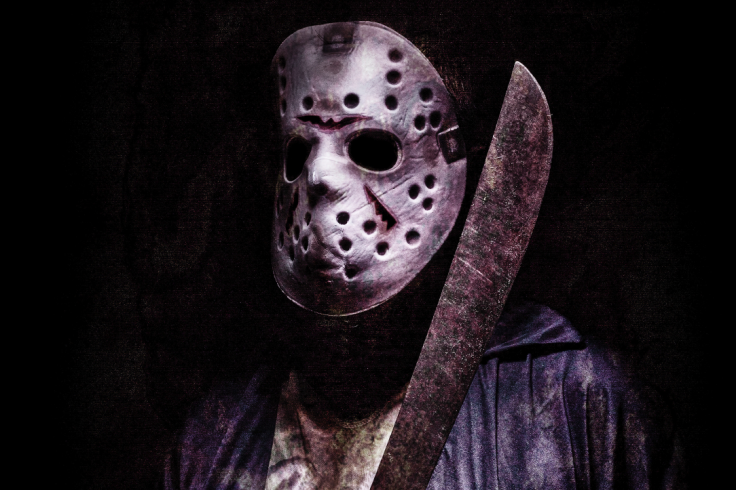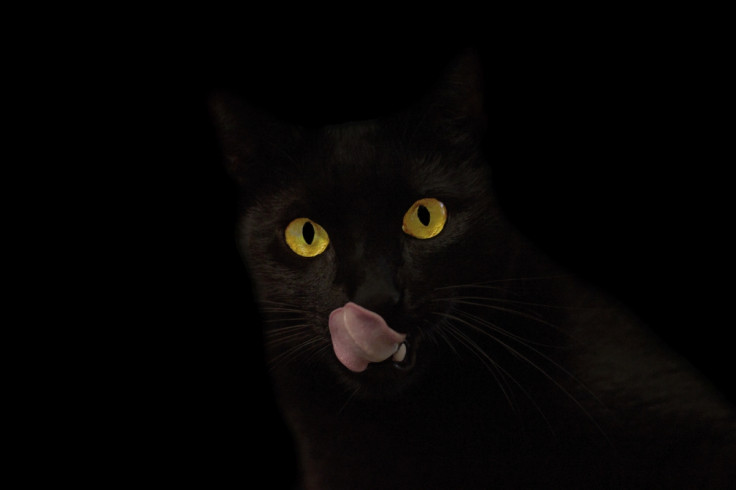Friday the 13th: Is it really the unluckiest day of the year?

On 13 October 1989, the Dow Jones Index dropped 190.58 points – almost 7% - in the second-worst crash the US exchange had ever seen after a buyout of United Airlines fell through. It was Friday 13th and across America, those superstitious souls that would not dream of leaving the house – let alone structuring a multi-billion dollar business deal – would have muttered a collective "I told you so".
It is likely, of course, that the crash was a coincidence. Just like it was probably a coincidence eight months earlier on 13 January 1989, when a virus infected hundreds of IBM computers across Britain, wiping out program files and causing panic at a time when large-scale computer viruses were a relatively new phenomenon. That did not stop the attack being quickly dubbed the Friday the 13th Virus.
There are a number of theories about the origins of bad omens associated with Friday 13th. Judas was the 13th guest at the Last Supper and Jesus was executed on a Friday. In Norse legend, Loki was the 13th guest at a dinner party at which he arranged the murder of Balder the Beautiful and plunged the Earth into darkness and chaos. In the medieval era, on 13 October 1307, Philip IV of France arrested hundreds of Knights Templar.
I have had phone calls late at night from people who say: 'I am afraid to go to work in the morning'. I am just flabbergasted
The origin of unlucky 13, however, likely comes from the fact that 12 has always been an important number: there are 12 signs of the zodiac, 12 months in a year, 12 gods of Olympus and 12 tribes of Israel. Where the number 12 signifies completeness, the number 13 is disorderly, chaotic and unpredictable. The association of the number with Friday and bad luck has only been reinforced in the modern era by the Friday 13th slasher movie franchise.
But for some, fear of Friday 13th – known as friggatriskaidekaphobia – is no joke. Various studies of varying credibility put the cost of friggatriskaidekaphobia at up to $900bn as superstitious individuals shun air travel, the financial markets or even going to work at all. Hotels often avoid the number 13 when assigning room numbers. A 2004 survey suggested as many as 21 million people suffer from the fear of Friday 13th.
In 2013, a survey by Travelodge found 72% of people claimed to have experienced bad luck on Friday 13th, while a third of adults are so fearful that they will change travel plans, reschedule important meetings and if possible, will stay at home. It said as many as 60% of Britons also suffer from "triskaidekaphobia" - the fear of the number 13, believing it is the harbinger of bad luck.
Margaret Downey, who runs the known as Friggatriskaidekaphobia Treatment Center in Pennsylvania, has first-hand experience of dealing with the condition. Her centre, which runs courses that help people deal with phobias ranging from black cats to walking under ladders, holds parties on Friday 13th every year where she distributes literature, holds seminars and persuade people that the fear is utterly irrational.
"I have had phone calls late at night from people who say: 'I am afraid to go to work in the morning.' I am just flabbergasted. They seem so desperate and I am amazed. I send them to get professional help," she told IBTimes UK over the phone from Pennsylvania. "I feel very sorry for them."

Downey stresses her character as a nurse is only that: a character. Her events are part of a wider effort to persuade people not to be superstitious – whether that is debunking a fear of black cats, to challenging religious beliefs, or lobbying to ensure the separation of church and state. She sees superstition such as Friday 13th as an effort by individuals to impose order on a chaotic world.
"Nature has conflict and superstitions are a way of trying to control of your environment. People turn to horoscopes because they want easy answers as to how to go about their day. We are against that – people need to adjust to these circumstances that surround them. It is nonsense to wake up and try and consult with something that is false," she said.
That said, she admits she has suffered bad luck on Friday 13th. A couple of years ago on her way to an event, she closed the boot of her SUV too fast and ended up with a huge gash in her forehead. Driving to the party, where she was due to give a speech, she reflected on the irony – but felt that, if anything, it only strengthened her case.
Downey said: "I explained that this happened to me and it didn't make me superstitious, it made me be more careful when I close my car doors."
© Copyright IBTimes 2025. All rights reserved.






















